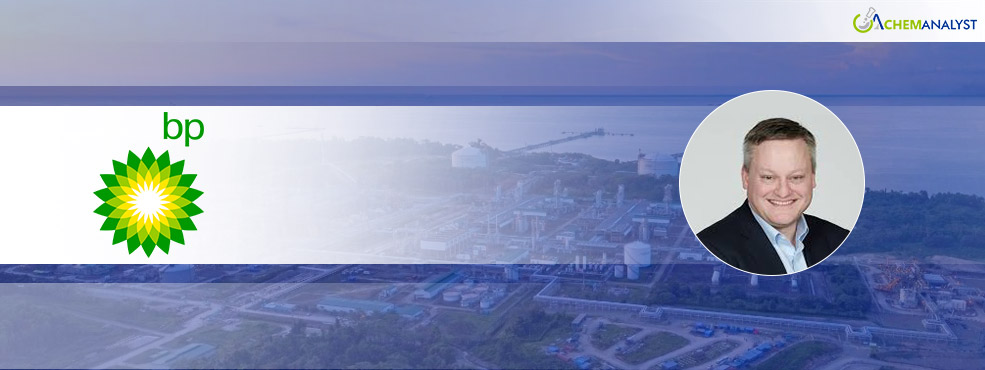Welcome To ChemAnalyst

BP and its partners have approved a $7 billion expansion of the Tangguh liquefied natural gas (LNG) project in Indonesia, incorporating carbon capture technology to reduce emissions, according to the Financial Times. This decision reflects the growing confidence among energy majors in the long-term demand for natural gas, particularly in Asia, where nations are shifting towards cleaner energy sources. Tangguh, located in Papua, has been operational since 2009 and primarily exports LNG to countries such as Japan and China. BP, holding a 40% stake in the project, will contribute a proportional share of the investment, reaffirming its commitment to gas as a critical component of its portfolio.
The development will focus on the Ubadari gas field, which will supply the Tangguh LNG facility. BP plans to deploy advanced methods to enhance gas recovery, including capturing carbon dioxide emissions from the field, compressing them, and injecting them into nearby reservoirs to maintain pressure. This initiative marks BP’s first foray into carbon capture, utilization, and storage (CCUS), a significant milestone for the company. Production at the Ubadari field is expected to commence in 2028, showcasing BP’s effort to balance fossil fuel production with carbon reduction technologies. Other partners in the project include China’s CNOOC and Japan’s Nippon Oil Exploration, further highlighting international collaboration in energy development.
The approval comes as BP recalibrates its strategy under CEO Murray Auchincloss, who assumed leadership in January. BP has pivoted toward its core oil and gas operations, signaling a step back from earlier renewable energy ambitions. In line with this strategy, the company recently put its U.S. onshore wind business, BP Wind Energy, up for sale, with an estimated valuation of $2 billion. This shift aligns with a broader industry trend, as major oil and gas companies increasingly emphasize LNG as a "bridge fuel" that supports the transition from coal to renewable energy. Shell, in its 2023 global LNG outlook, projected a 50% increase in global demand for LNG by 2040, driven by nations like China and others in Asia adopting this comparatively cleaner fuel.
However, LNG’s role as a transition fuel is contentious. While natural gas emits less carbon dioxide than coal when burned, it is primarily composed of methane—a greenhouse gas significantly more potent than carbon dioxide, albeit shorter-lived in the atmosphere. Environmental groups argue that reliance on LNG delays the necessary shift to zero-emission energy sources.
Indonesia is a major LNG exporter, ranking third in the region after Australia and Malaysia. Tangguh LNG has an annual production capacity of 11.4 million tonnes. The country is also developing the 9.5-million-tonne Abadi LNG project, expected to commence operations by 2030. BP’s investment underscores the continued importance of LNG in global energy markets while seeking to mitigate its environmental impact.
We use cookies to deliver the best possible experience on our website. To learn more, visit our Privacy Policy. By continuing to use this site or by closing this box, you consent to our use of cookies. More info.
